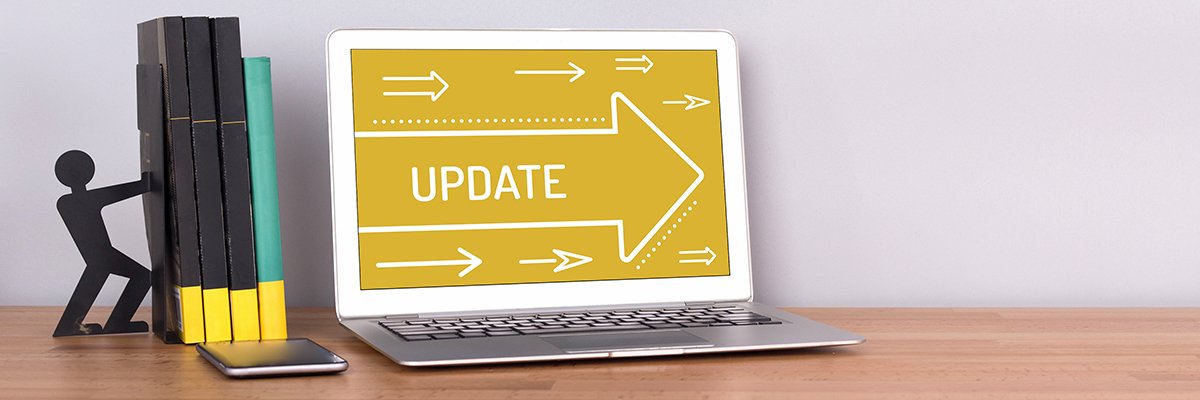Microsoft marked the penultimate Patch Tuesday of 2025 with an update lighter than of late, addressing a mere 63 common vulnerabilities and exposures (CVEs) across its product estate – a far cry from many of its recent drops averaging well…

Microsoft marked the penultimate Patch Tuesday of 2025 with an update lighter than of late, addressing a mere 63 common vulnerabilities and exposures (CVEs) across its product estate – a far cry from many of its recent drops averaging well…